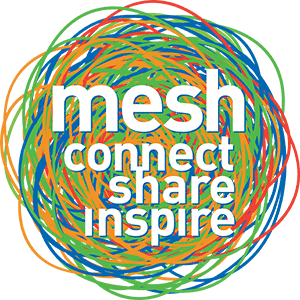Highlighting a mesh13 business panel
It used to be an employer would have to sift through a pile of candidate resumes only to read through the demonstrated abilities, consult Myers-Briggs and hope for the best. Maybe a consultant would be called to shorten the process, but the placement was still reliant on what the candidate offered or the research revealed.
Then came the Web and, more recently, social media. We share everything so it only makes sense the practice of hiring would start to leverage digital to tell the story of the future employee to find the match. It also makes sense prospective employees would study an organization’s online assets to see if there is a good fit. Like any partnership, the more you understand each other the better chance everyone has in the long run.
For this session on May 16, we have gathered Ben Baldwin (ClearFit), David Ain (Egon Zehnder) and Gary Swart (oDesk) to help us understand how the dynamics of hiring talent have changed as employers and potential employees leverage social media and their digital networks to find opportunities.
Ben Baldwin is the co-CEO with ClearFit, an online service solution that provides small and medium size businesses with a better way to find the best employees. ClearFit matches candidates with new employers using patented data analysis. The startup, which recently received $7-million in venture capital, analyses the prospect’s experience, organization’s culture and other measurable factors.
Joining Ben is David Ain, a Partner in Egon Zehnder’s Toronto office. David is a member of the firm’s Consumer, Technology and Private Equity Practice Groups. His practice is largely focused on consumer, technology and digital clients across North America. He also works extensively with private equity firms on CEO, CFO and other senior searches for a wide range of portfolio companies. David will share his insights on how the industry has changed.
Rounding out the panel is Gary Swart, CEO of oDesk. With more than 2.7 million registered contractors, the world’s largest online workplace lets businesses and contractors to work together. By using technology to remove the barriers of traditional hiring, oDesk’s platform enables businesses to find and collaborate with talented contractors regardless of where they are located..
According to the oDesk CEO, “Businesses are recognizing the competitive advantage of being able to hire the skilled professionals they need, regardless of where they happen to be, and scaling their teams on-demand. We see this as a massive market opportunity — any work that can be done via the Internet — and predict that by 2020 one in every three people will be hired to work online.”
From securing contractors to finding the right full-time employee, the hiring game has changed and it’s tough to know your next move. Learn from these three thought leaders so that you an get a head of the competition for the best talent for your next project or your business…or to seek out your next great work adventure.
To learn more about our speakers, please click on their links below:
Ben Baldwin (ClearFit)
David Ain (Egon Zehnder)
Gary Swart (Odesk)
